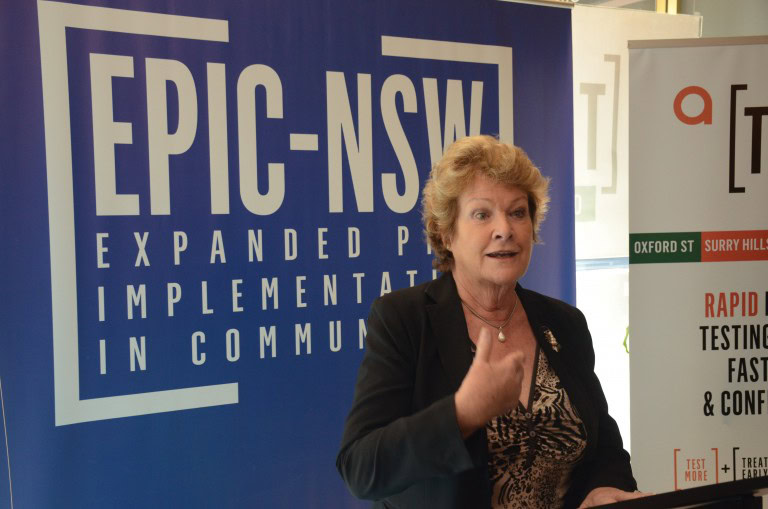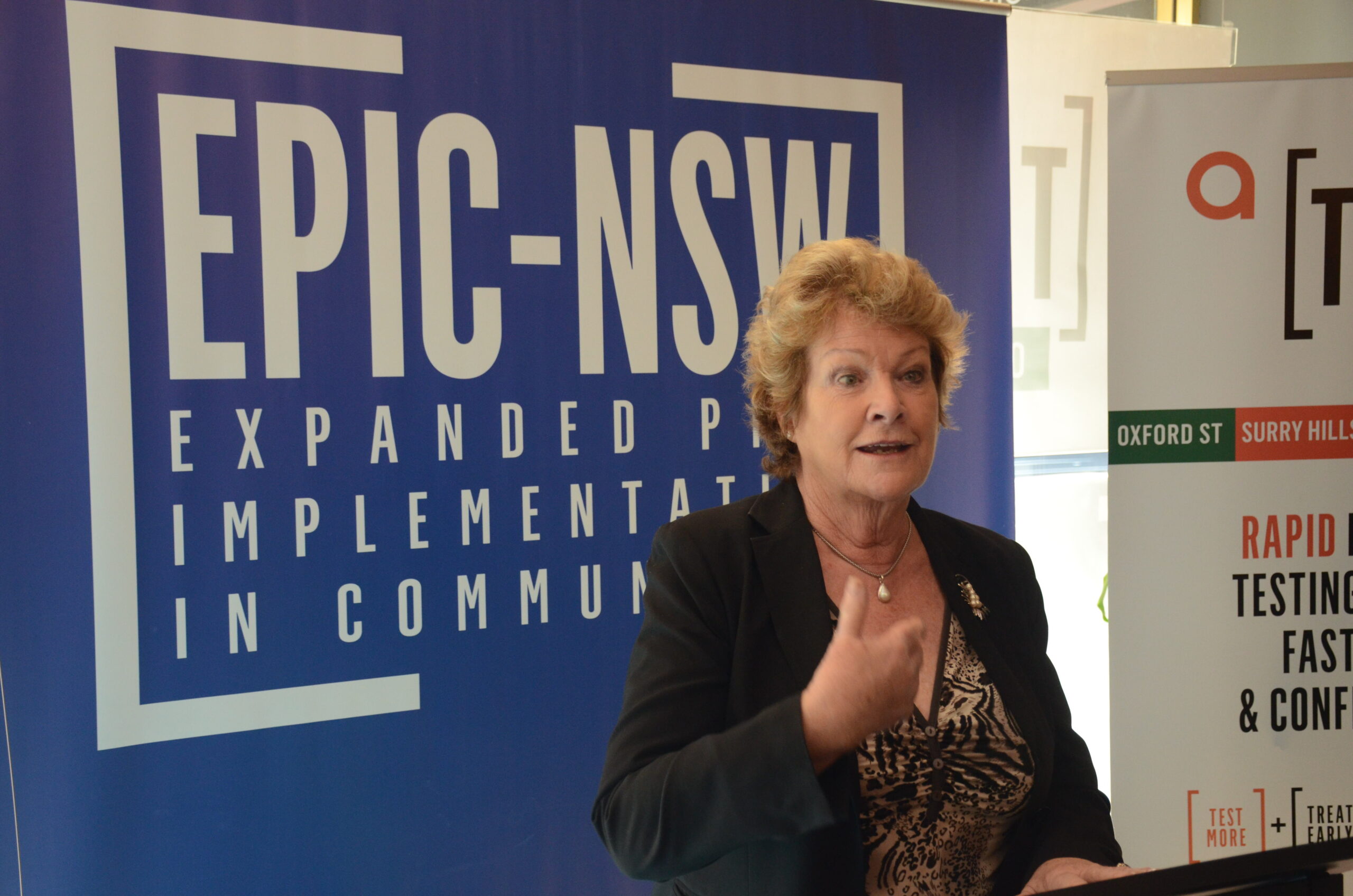
Gonorrhoea a “ticking time bomb”
ROBERT BURTON-BRADLEY
Doctors are warning that gonorrhoea is a “ticking time bomb” which is getting close to being resistant to key front-line treatments.
Head of the Sexual Health Program at the UNSW Kirby Institute, Professor Basil Donovan, told the Star Observer health professionals are being forced to provide two courses of antibiotics to try and counter increasing resistance to normal treatments for the disease.
”Gonorrhoea resistance is a real and growing problem,” Donovan said.
“Australia has a worse problem with gonorrhoea resistance than even the USA – because of our proximity to Asia.”
In a paper he co-authored in the Journal of Antimicrobial Chemotherapy earlier this year, Donovan warned that the once easily treatable infection had evolved into a challenging disease and said drastic action was required to tackle the problem.
“Unless there is urgent action at international and local levels to combat the problem of gonorrhoea antimicrobial resistance, we are in for gloomy times ahead in terms of gonorrhoea disease and control,” the paper concluded.
The warning follows last week’s news from the US that the Centre for Disease Control (CDC) had begun a “pre-emptive strike” on resistance to treatment.
Under revised guidelines the CDC now recommends the oral drug Suprax no longer be used as a first-line treatment for gonorrhoea.
Instead doctors are being advised to use injectable Rocephin coupled with either Zithromax or Azithrocin in combination to slow down the emergence of drug resistance.
Donovan said Australia is already at this stage of combination treatment.
“Unlike the USA, Australia has never used oral cephalosporins against gonorrhoea because they don’t achieve blood levels with enough of a safety margin,” he said.
“In fact we have long used twice the injectable dose of ceftriaxone that is recommended in the USA.
“Some Australian clinics have already moved toward routinely using two antibiotics at once to reduce the likelihood of resistance developing.”










